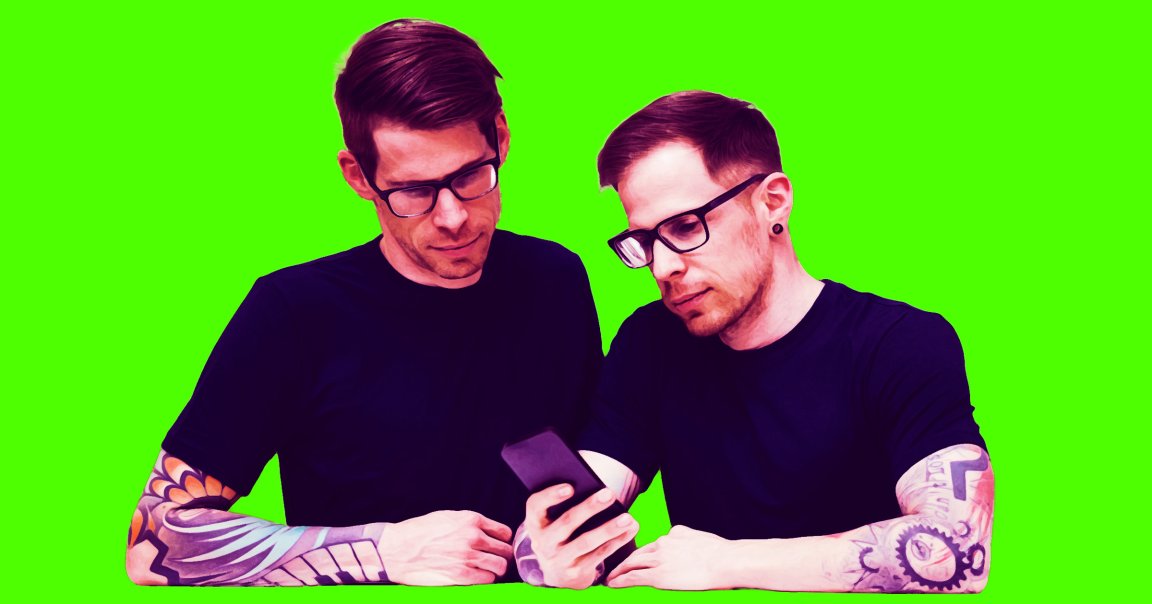
Let’s not kid ourselves here — tech bros do important work. Crammed in San Francisco apartments like joyless digital monks, these builders are now the bedrock of the ailing US economy, cranking out enough AI startups to stave off a global financial crisis.
And for their valiant effort to hold up the crumbling empire, they’ve reaped a strangely appropriate reward: massive doses of toxic lead.
Earlier this week, a bombshell analysis by Consumer Reports found that popular meal replacement drinks — a long-time favorite of tech bros — contain more lead in a single serving than a healthy adult should eat in a day.
Among the worst offenders was Huel’s Black Edition powder, the low-carbohydrate alternative to Huel’s mainstay powder, which contained a stunning 6.3 micrograms of lead per serving, as well as more than double the safe daily serving of cadmium.
As far as lead goes, that’s about 13 times CR’s daily recommended limit, though the Food and Drug Administration advises there’s no known safe level of exposure to lead. “For adults, chronic lead exposure is associated with kidney dysfunction, hypertension, and neurocognitive effects,” the FDA notes.
One medical review found that “long-term [lead] exposure of adults can result in decreased performance in some tests of cognitive performance that measure functions of the nervous system.” Specifically, the study suggests a link between long-term lead exposure to blood disorders like anaemia, increased blood pressure, reduced fertility in males, as well as damage to kidneys and the nervous system.
Cadmium, meanwhile, has been linked to cumulative nervous system damage, which increases risk for neurological disorders. “The nervous system is particularly vulnerable to prolonged, low-dose cadmium exposure,” one study found.
The findings are ironic, to say the least, given that Silicon Valley’s worker bees have made Huel a staple of their work-life culture — a corporate ethos which sugarcoats an industry built on overwork and economic inequity. As tech writer Joan Westenberg put it in an excellent writeup on meal replacement products, the drinks represent the “hubris and pitfalls of tech culture’s impulse to reduce the irreducible.”
“The same naive confidence that code can optimize every aspect of our lives… it’s an attractive illusion that technology can neatly solve the messy realities of existing in a body, of being a biological creature instead of a computer,” said Westenberg.
More on toxins: Man Follows ChatGPT’s Advice and Poisons Himself